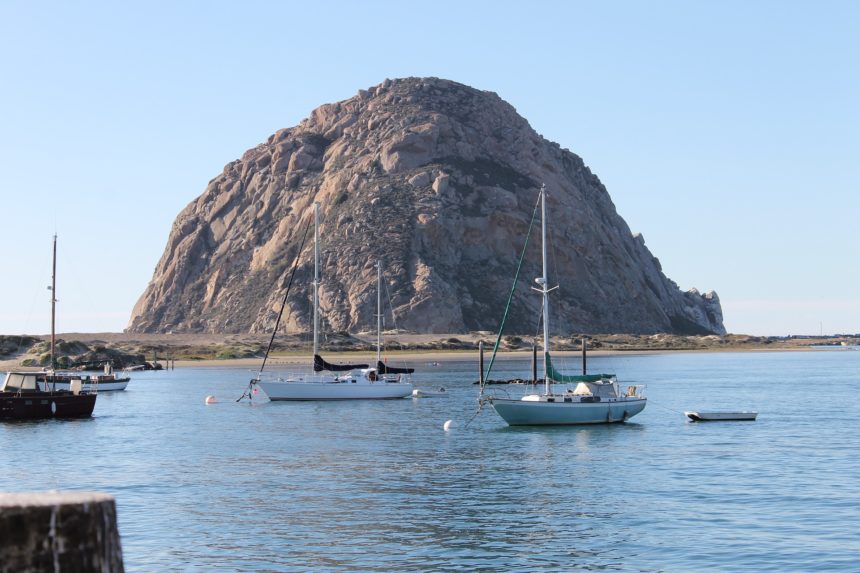Morro Bay granted millions for largest city infrastructure program

MORRO BAY, Calif. - The City of Morro Bay and its Water Reclamation Facility Program has secured up to $62-million in low-interest funding from the EPA's Water Infrastructure Finance and Innovation Act (WIFIA), which is expected to save Morro Bay ratepayers $29-million over the life of the project.
“Securing this low-interest federal funding is a sound financial decision for the City,” said Mayor John Headding. “Signing the agreements now means that we will lock in near-historic low-interest rates and ensure maximum benefit for our ratepayers.”
The City has been working with WIFIA since 2017 to secure the funding. Along with state funding, this will allow the City to fulfill its obligation to meet state and federal regulations to relocate the wastewater treatment plant, allowing for the viability of an advanced water purification facility to contribute a safe and reliable water source.
"In Congress, I was proud to help advocate for this Morro Bay water federal funding and I am thrilled that our community is receiving this EPA loan to improve our wastewater infrastructure," said Rep. Salud Carbajal (CA-24). "The importance of a sustainable water source in Morro Bay cannot be overstated—with these funds, we will be able to modernize our wastewater treatment, better prepare for the impacts of flooding, become more resilient and improve the lives of Central Coast residents."
Around 55-percent of the WIFIA funding will be allocated to the water system portion of the program and 45-percent of the funding will be allocated to the wastewater portion of the program.
“Communities like Morro Bay experience real, on-the-ground benefits when they are able to improve critical infrastructure for clean water and flood protection,” said EPA Pacific Southwest Regional Administrator John Busterud. “EPA is committed to continuing our support through low-interest, flexible financing that improves [the] quality of life and protects the environment.”
To date, EPA has issued 17 WIFIA loans totaling over $3.7 billion in credit assistance to help finance over $8.4 billion for water infrastructure projects and create more than 16,000 jobs.
